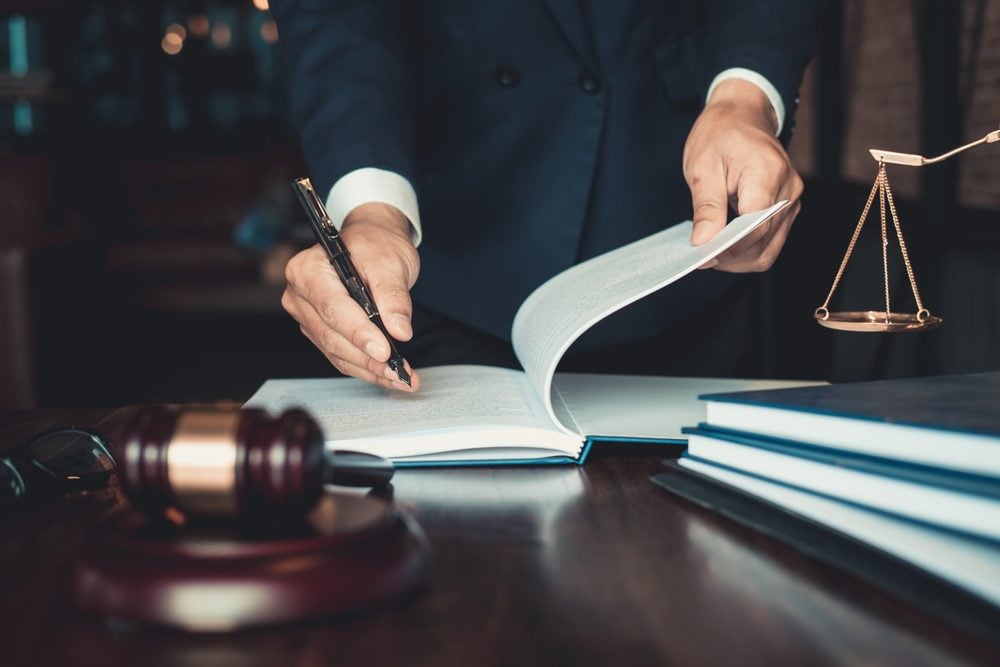If you’re in need of a lawyer, the choices are overwhelming. How do you determine who to choose? What should you be asking? These are a few questions you could ask to get started.
1. What are the requirements for experience in this case? If not, what type of experience is needed?
Some lawyers are not experienced in all cases. It is crucial to select an attorney with experience in the specific area of law applicable to your case. For instance, if filing for divorce, you’ll want an attorney who specializes in family law. If you’ve suffered injuries in an accident, you’ll require an attorney with an experience in personal injury.
2. Where does the lawyer practice?
It is vital to find out where the attorney lives, especially if you have to appear in court. If you’re looking for someone who will be aware of the regulations in the county or city you live in pick a lawyer who practices locally. It is also essential to think about how far you’ll have to travel in order to meet your client or take depositions.
3. What is the legal fee?
While the majority of lawyers charge an hourly rate but some lawyers could have a flat cost to perform a certain service. It is important to inquire about what the lawyer intends to cost you and what features are included in that price. Retainers are a prepayment payment that ensures that the lawyer will be in the right position to take care of your case.

4. What is the reputation that lawyers have?
Don’t simply believe the lawyer’s word about it. Check out what others have said about the lawyer. Reviews and ratings on the internet are also available.
5. How do you find the lawyer?
It is crucial that you are able to contact your lawyer. You should inquire about the frequency at which your lawyer is available, and which communication methods are utilized (phone or email, text, etc.). It is also important to know whether the lawyer will be available to answer your calls in case of a legal emergency.
6. What kind of personality does the lawyer display?
Because law is a career which requires interpersonal skills, you’ll need to locate an attorney who will meet your requirements. It is important to feel comfortable talking about your matter, and the lawyer must be able communicate effectively , too.
7. Is the lawyer licensed to practice law in my state?
Every state has licensing legal requirements for lawyers. You must ensure that the lawyer you choose is licensed to practice law in your state.
8. What is the cost structure for an attorney?
Get a breakdown of the fees to determine the amount you’ll be charged. This will enable you to plan ahead and help you to avoid financial strain in the near future.
9. How much time will the lawyer be able to devote to my case?
It’s a vital point to remember, particularly in the event that your attorney wishes to work on your case even after you’ve paid. It is also important to determine whether the case is ongoing or just one-time. If your case will take longer than you’d anticipated there are lawyers who may not be able to continue.
10. How will the Lawyer keep you informed on the progress of your case?
Lawyers should give regular updates and ensure that you’re updated of any updates. You might want to ask for a timeline detailing future events such as court dates , or the procedure to meet deadlines.
11. Is the lawyer experienced with cases like yours?
The lawyer you choose should be familiar with cases similar to yours. This gives you the best chance to achieve a positive outcome.
12. What are the lawyer’s qualifications?
It’s crucial to ensure that the lawyer you choose is competent to manage your case. In this case, for instance, you’d need an estate planning attorney who be a certified public accountant (CPA) or licensed attorney that is in good standing with the bar association in the state.
These are all important concerns to ask any lawyer before selecting whether or not you want to retain them. Before you decide, be sure to compare rates and fees.
For more information, click Jussie smollett lawyer